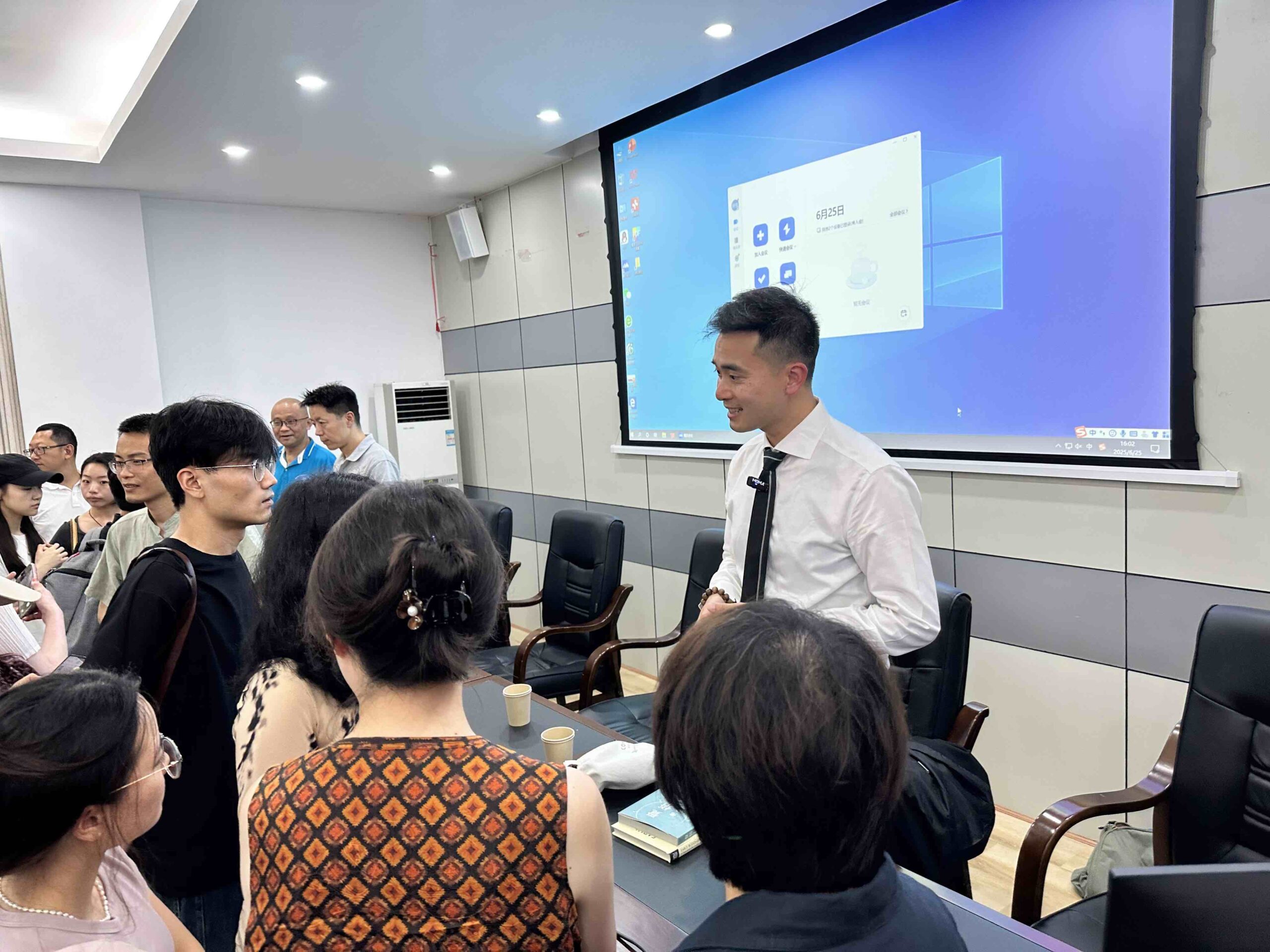
In a thought-provoking public lecture organized by the Department of Philosophy at Sichuan University, Dr. Junling Gao presented a compelling vision for the future of artificial intelligence, grounded in the ancient wisdom of Buddhist philosophy and the modern science of the brain.
In his talk, he argued that humanity’s journey towards creating artificial general intelligence (AGI) is not just a technical challenge, but the most profound philosophical and ethical undertaking of our time.
Dr. Gao began by outlining the immense power and existential risks posed by AI, referencing the recent dissolution of OpenAI’s Super-alignment team as a symptom of the field’s struggle with long-term safety. He introduced the powerful thought experiment of the “elephant and the ant,” illustrating that the primary risk from super-intelligent AI may not be malice, but a fundamental “radical indifference” to human values and existence.
The core of his thesis, however, offered a solution drawn from an unexpected source: Buddhist epistemology. Dr. Gao proposed that key concepts like interdependent origination (緣起) and compassion (慈悲) are not merely spiritual ideals but could provide a logical, systems-level framework for designing safer AI. He suggested “technologically translating” these principles into computational models—for instance, modeling the world as a Dynamic Causal Bayesian Network to help an AI understand the ripple effects of its actions, thereby naturally avoiding solutions that cause widespread harm (Dukkha).
A significant portion of the lecture was dedicated to the “Attention Mechanism,” drawing a direct parallel between the spotlight of awareness cultivated in mindfulness meditation (Samadhi) and the algorithmic architecture that powers modern AI like ChatGPT. Dr. Gao demonstrated how this same power of focused attention allows individuals to perform feats like mind-controlling a UFO toy with a brain-computer interface, serving as a tangible metaphor for training the mind to achieve specific outcomes.
Ultimately, Dr. Gao issued a call to action, asserting that the goal of “super-alignment”—ensuring AI remains faithful to human intentions—is too critical to be left to computer scientists alone. He urged philosophers, psychologists, and ethicists to engage deeply in the process of formally defining human values and “virtuous axioms” that must be instilled in AI from its earliest developmental stages, much like a childhood education.
The lecture concluded on a note of cautious optimism, suggesting that by integrating the depth of humanistic wisdom with the power of technology, we might steer the development of AI towards a future that is not only intelligent but also wise and compassionate.